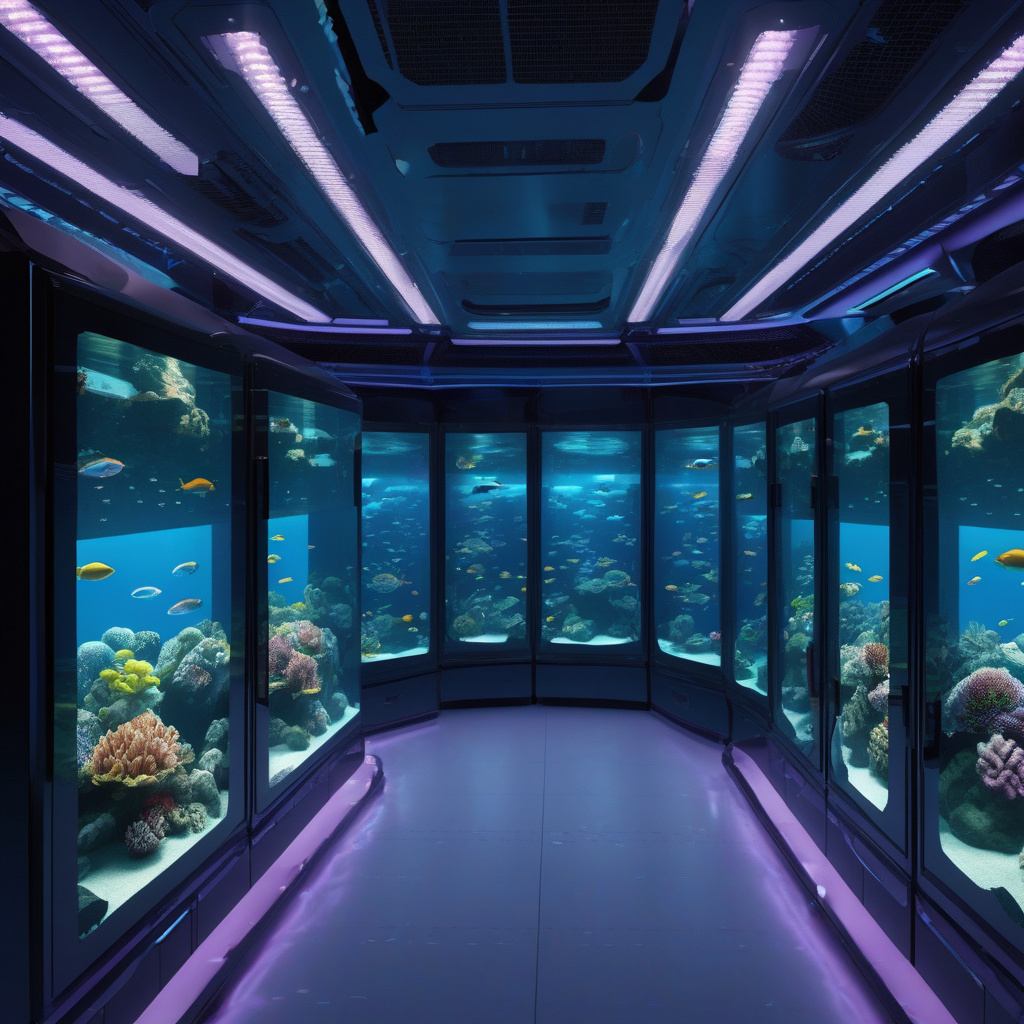China to Sink Servers Off Shanghai in World’s First Commercial Underwater Data Center
A Chinese company is preparing to submerge a capsule of servers in the sea off Shanghai, marking a significant milestone in the realm of data centers. This innovative approach to data storage, known as an underwater data center, is set to revolutionize the way we think about managing and securing data.
The concept of underwater data centers is not entirely new, with tech giants like Microsoft having previously experimented with such setups. However, what sets this initiative apart is its commercial nature, signaling a shift towards broader adoption and acceptance of this unconventional data storage method.
But why submerge servers underwater in the first place? The rationale behind this approach is multi-faceted. Firstly, the cool temperatures of the ocean floor provide a natural cooling system for the servers, eliminating the need for large amounts of energy to keep them from overheating. This, in turn, can lead to significant cost savings and a more environmentally friendly operation.
Secondly, by submerging the servers in the sea, companies can potentially enhance the security of their data. The physical isolation provided by the ocean offers a unique form of protection against cyber threats and unauthorized access. This added layer of security could be particularly appealing to industries that handle sensitive or confidential information.
Moreover, the use of underwater data centers has the potential to address the spatial constraints faced by traditional land-based facilities. As the demand for data storage continues to grow exponentially, especially with the rise of technologies like artificial intelligence and the Internet of Things, finding innovative solutions to this problem is crucial. Submerging servers underwater opens up new possibilities for scaling up data center operations without encroaching on valuable land resources.
Despite its promising advantages, the concept of underwater data centers is not without its challenges. Maintenance and repairs can be more complex when dealing with submerged equipment, requiring specialized expertise and equipment. Additionally, concerns have been raised about the environmental impact of such initiatives, particularly in terms of marine ecosystems and the potential for pollution.
As China prepares to sink servers off the coast of Shanghai, all eyes are on how this ambitious project will unfold. If successful, it could pave the way for a new era of data center management, prompting other companies to explore similar ventures. The implications of this endeavor extend beyond just the tech industry, with potential ripple effects on energy consumption, data security, and environmental sustainability.
In conclusion, the decision to submerge servers underwater in the world’s first commercial underwater data center represents a bold step towards innovation and efficiency in data management. While challenges remain, the potential benefits of this approach are vast and could reshape the landscape of data storage in the years to come.
#China #UnderwaterDataCenter #Shanghai #Innovation #DataSecurity












